1.Neslab CFT-25 chiller, 2.Dell PC workstation, 3.manuals, 4.MassLynx software disks, 5.3 key disks for BioLynx, 6.ProteinLynx,7.MassEnt.Instrument is upgraded to EPCAS control and acquisition system.
standard water chiller. OPTIONAL: APCI probe. Transmission up to m/z 20,000 for MS analysis, parent ion selection u pto m/z 4,000 MS/MS analysis. Hexapole Collision Cell with up to +/- 205 eV Collision Energy. Orthogonal Acceleration TOFMS-2 Analyzer with Mass resolving power of 10,000 (FWHM) 5ppm RMS mass accuracy from m/z 150-900.
The Micromass Q-ToF 2 mass spectrometer is an LC-MSMS system, incorporating the simplicity of a quadrupole (MS-1) with the ultra-high efficiency of an orthogonal time-of-flight analyzer (MS-2). The Q-Tof 2 instrument utilizes the orthgonal time-of-flight analyzer to achieve simultaneous detection of ions across the full mass range. This is in contrast to conventional instruments (e.g tandem quadrupoles) that must scan over one mass at a time. The Q-Tof 2 instrument offers up to 100 times more sensitivity than tandem quadrupole instruments when acquiring full product ion (MS/MS) mass spectra.
The Q-Tof 2 has a mass-to-charge ratio (upper) limit in excess of m/z 20,000, in both MS and MS/MS modes, enabling the analysis of very large molecules as multiply charged ions. The high resolving power (10,000 FWHM) enables improved mass measurement accuracy for charge state identification of multiply charged ions and greater differentiation of isobaric species. The inherent stability of the reflectron TOF analyzer routinely delivers excellent mass measurement accuracy (~5ppm at 1000 Da). The Q-Tof 2 provides the ultimate in performance for high sensitivity de novo sequencing of sub femtomole quantities of peptides. 'PepSeq' Micromass multi-layered peptide sequencing tool is designed to take full advantage of the high resolution MS/MS data from the Q-Tof 2 (QTOF 2). Initially full product ion (MS/MS) spectra are automatically pre-processed with Micromass charge state de-encryption algorithm (MaxEnt-3). Sequence tags are then established to provide the "cornerstone" from which the complete amino acid sequence is extended to cover the C and N termini.
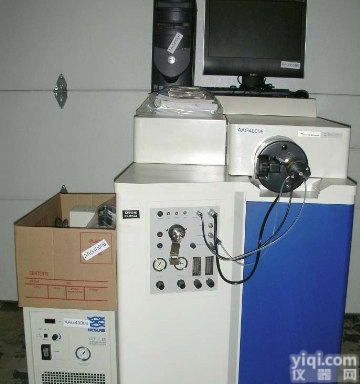 Micromass Q-Tof 2 LC/MS/MS/Tof hybrid mass spectrometer system
Micromass Q-Tof 2 LC/MS/MS/Tof hybrid mass spectrometer system
 二手质谱 Micromass Q-Tof 2 LC/MS/MS/Tof hybrid mass spectrometer system
二手质谱 Micromass Q-Tof 2 LC/MS/MS/Tof hybrid mass spectrometer system
 Micromass Q-Tof 2 LC/MS/MS/Tof hybrid mass spectrometer
Micromass Q-Tof 2 LC/MS/MS/Tof hybrid mass spectrometer
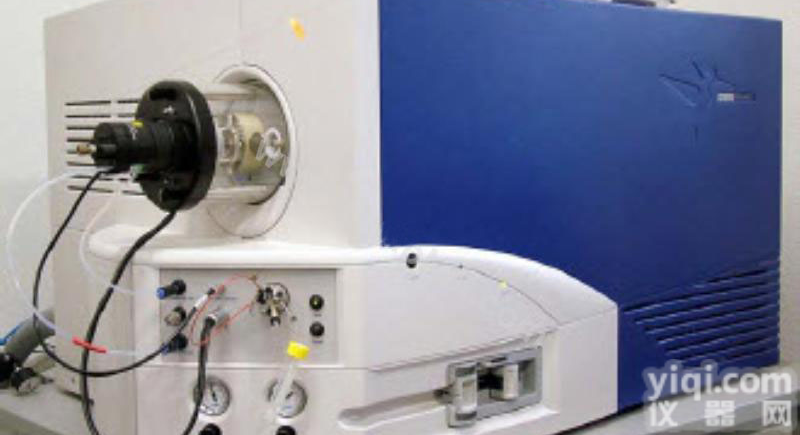 Waters Micromass Q-TOF Micro System Mass Spectrometer
Waters Micromass Q-TOF Micro System Mass Spectrometer
 二手液质 Waters Micromass Q-TOF Micro System Mass Spectrometer
二手液质 Waters Micromass Q-TOF Micro System Mass Spectrometer
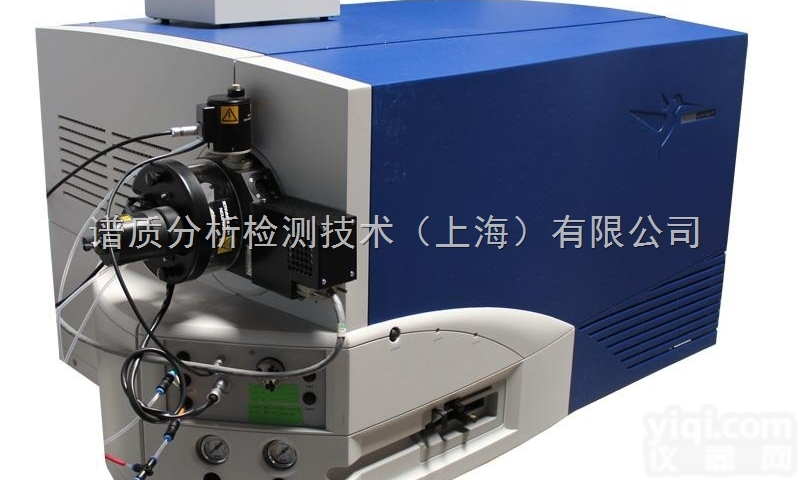 Waters Micromass Q-T 沃特世Waters Micromass Q-TOF 四极杆飞行时间液质...
Waters Micromass Q-T 沃特世Waters Micromass Q-TOF 四极杆飞行时间液质...
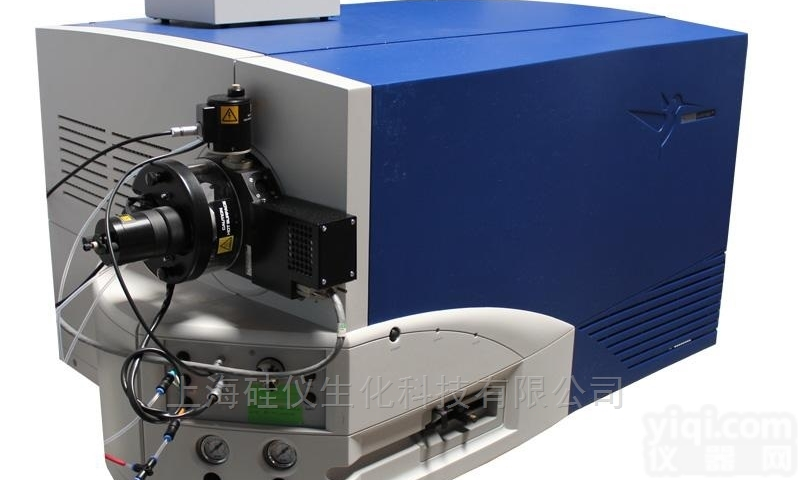 Micromass Q-TOF Waters沃特世MicromassQ-TOF液质联用仪
Micromass Q-TOF Waters沃特世MicromassQ-TOF液质联用仪
 二手质谱 Micromass Quattro Micro Mass Spectrometer
二手质谱 Micromass Quattro Micro Mass Spectrometer
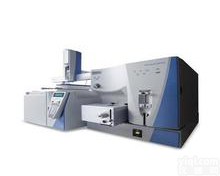 二手Waters Micromass Q-tof Micro 二手飞行时间质谱
二手Waters Micromass Q-tof Micro 二手飞行时间质谱
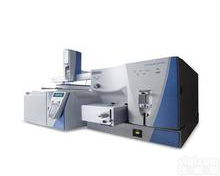 Waters Micromass Q-TOF 飞行时间质谱
Waters Micromass Q-TOF 飞行时间质谱
 Micromass LCT TOF飞行时间质谱仪
Micromass LCT TOF飞行时间质谱仪
 二手飞行时间串联质谱Micromass Q-Tof 2
二手飞行时间串联质谱Micromass Q-Tof 2